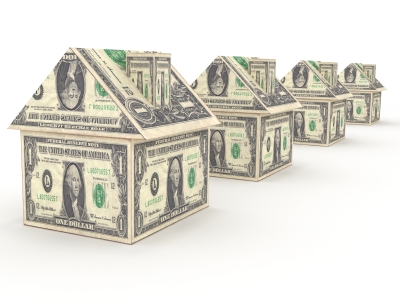Unless you’ve been living under a rock during the month of January, you can’t have missed the barrage of T.V. and radio commercials telling you that it’s time to file your annual tax returns. While most of us understand that there is no escaping filing personal tax returns, I frequently receive questions from community association clients about whether it is necessary that their community association file a federal tax return.
Non-Profit vs. Tax-Exempt Status
Contrary to what many community association members may think, the fact that a community association is a non-profit organization does not mean that it is a tax-exempt organization, such as a 501(c)(3). Rather, non-profit status is different from being exempt from income taxes. Non-profit corporations can make a profit, although they differ from a for-profit corporation because the profits remain in the organization rather than being distributed to the members, as they would be in a for-profit corporation.
Unique Status of Community Associations
So, even though community associations are non-profit corporations, they have income, can make a profit and accordingly should generally file federal tax returns. In fact, the IRS recognizes the unique status of community associations by providing for two methods by which a community association can file a tax return: (1) an Internal Revenue Service Form 1120 and (2) an Internal Revenue Service Form 1120-H.
Form 1120-H: The Preferred Filing Method
The vast majority of community associations file Form 1120-H. Under this filing, a community association elects to be treated as a “homeowners association” for tax purposes under Internal Revenue Code 528. That Section prohibits associations from carrying over losses, but excludes from taxable income any gain received from membership operations, so long as the community association makes the proper election on handling of excess income. Membership operations income generally includes membership dues, fees and assessments. Thus, with a Form 1120-H filing, the association pays taxes only on non-exempt function income. This generally includes income generated from sources other than assessments, such as interest and rental fees for use of common property.
In order for an association to be able to file a Form 1120-H, the community association must meet certain criteria. Generally, these criteria require that the majority of the Association’s income be derived from assessments, that the association be primarily residential in nature and that the overwhelming majority of the Association’s expenses go to towards operation, maintenance and acquisition of association property.
Form 1120: When It May Be More Beneficial
The Form 1120 filing is much less frequently used by community associations, and is more complex than the Form 1120-H. Under the Form 1120, all of the association’s income (money taken in but not spent) is taxable. However, under certain circumstances, the Form 1120 can provide more benefits to a community association than the Form 1120.
The Importance of Consulting with a Tax/Accounting Professional
And, if you file the incorrect tax return form or fill out the form incorrectly, your association can be subject to federal penalties. For that reason and others, your community association should consult with a qualified tax/accounting professional about your community association’s tax return or with any questions about tax issues affecting your association. This blog post is intended only to provide you with a general overview of community association federal taxation, and is not written by an accountant nor is it intended to provide you with or be relied upon as individualized accounting or tax advice.


